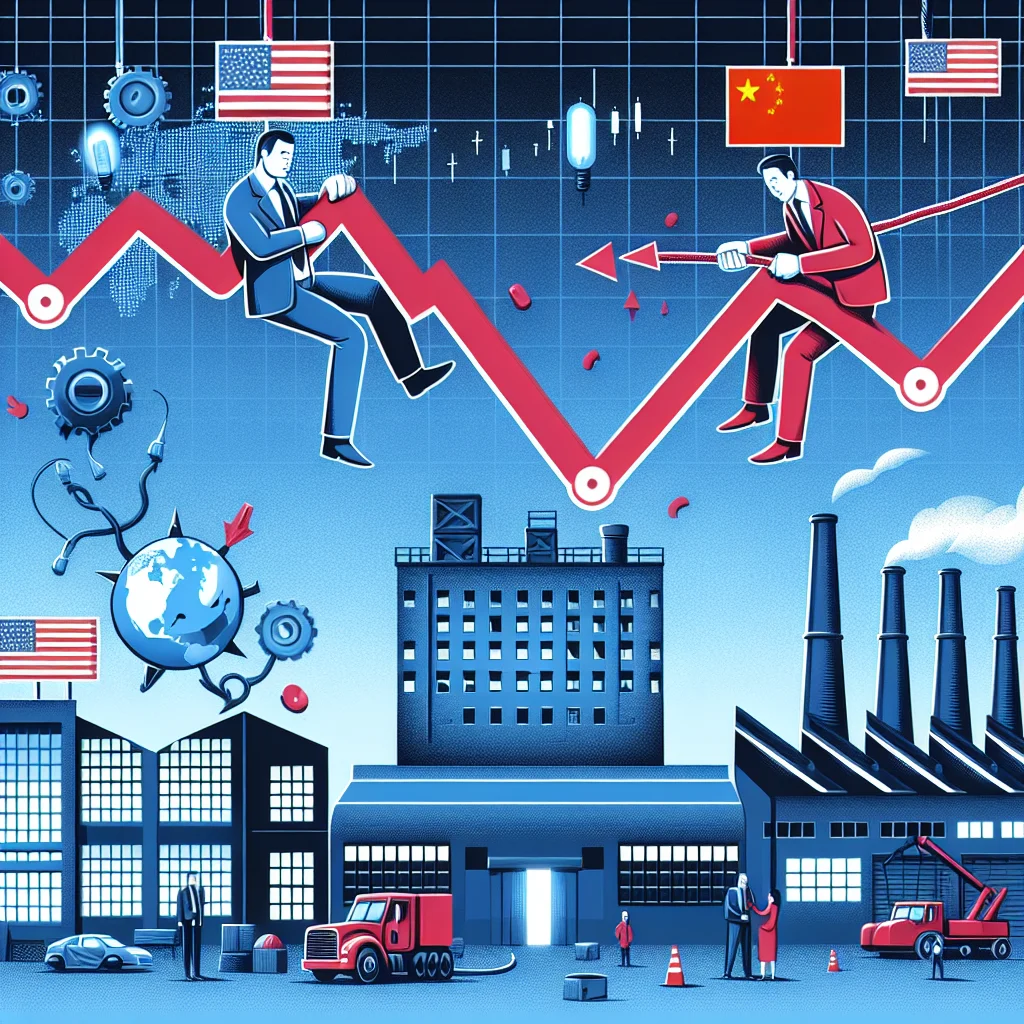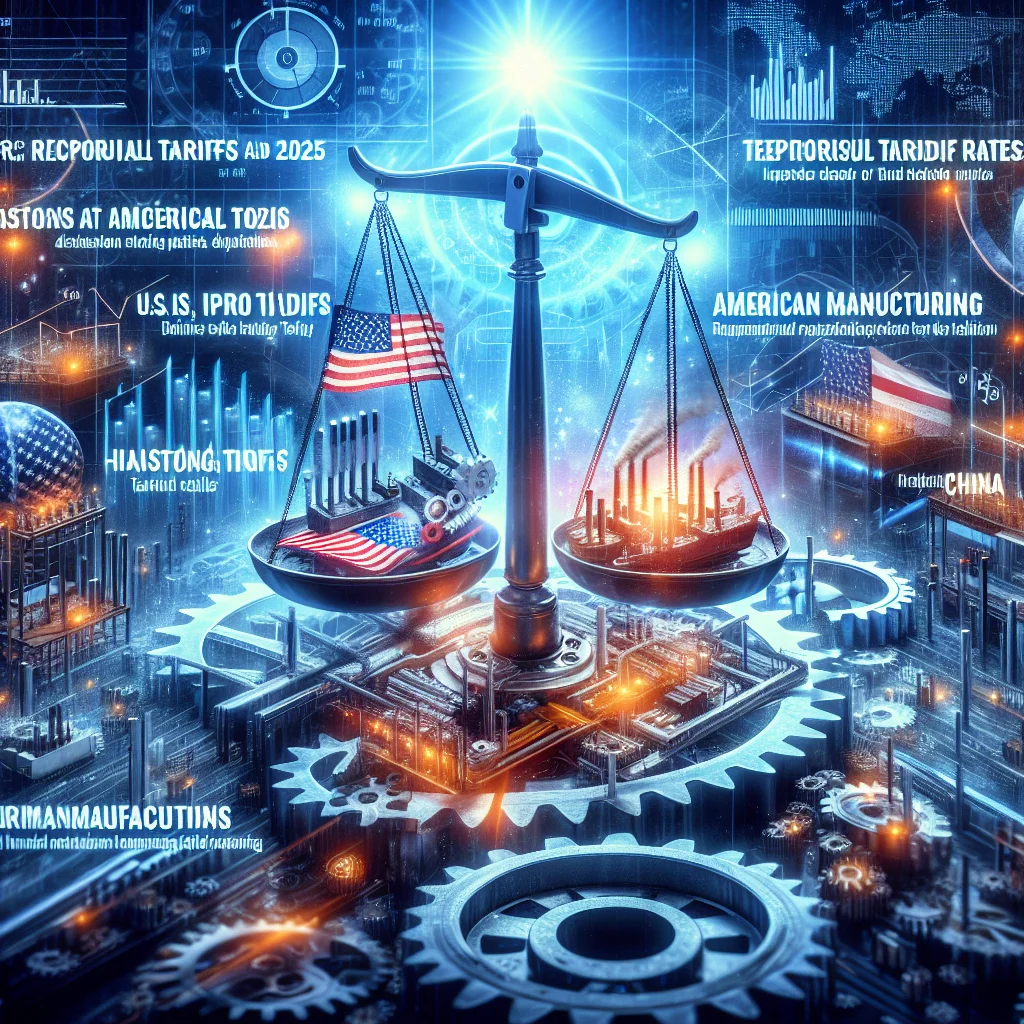
Washington, D.C. — As trade negotiations between the United States and key global partners remain unresolved, leading economic advisor Robert Bessent warned on Sunday that the Trump administration’s tariff policies are poised to “boomerang back” to higher rates if new deals are not struck soon.
Escalation Risk Looms Over Ongoing Trade Talks
Bessent, chief investment officer at Key Square Group and a frequent commentator on U.S. economic policy, spoke on CBS’s "Face the Nation" amid mounting concern over the status of tariff rollbacks. While President Donald Trump has expressed optimism about reaching new agreements with China, the European Union, and Mexico, progress has reportedly stalled in recent weeks.
“If we don’t see substantive progress in these talks, the tariff rates that were temporarily reduced in 2024 are set to snap back, potentially as soon as September,” Bessent said. “This could have significant consequences for both U.S. businesses and consumers.”
Potential Impact on U.S. Economy
According to the U.S. Department of Commerce, the Trump administration initially imposed tariffs ranging from 10% to 25% on over $350 billion worth of imports, including electronics, automobiles, and agricultural products. The 2024 partial rollback, aimed at incentivizing trade negotiations, is now under review as deadlines approach.
- Consumer goods could see price increases if tariffs return to higher levels.
- Manufacturers warn of supply chain disruptions and increased costs.
- Farmers remain concerned about retaliatory tariffs from China and other partners.
Goldman Sachs analysts have projected that a full restoration of the tariffs could shave up to 0.3% off U.S. GDP growth in the fourth quarter of 2025.
Political Stakes Rise Ahead of 2026 Midterms
The potential tariff escalation comes as President Trump faces pressure from both business leaders and lawmakers in advance of the 2026 midterm elections. Republican leaders have largely supported the administration’s tough stance, while Democrats warn of negative impacts on inflation and household budgets.
Trade representatives from the U.S., China, and the EU are scheduled to resume negotiations later this month. Market watchers say a failure to secure agreements could reignite trade tensions reminiscent of 2018-2019, when tariff hikes triggered volatility in global markets.
Looking Forward
As the September deadline approaches, all eyes remain on Washington and Beijing. Economists say the outcome of these talks could shape the trajectory of U.S. economic growth and consumer prices for the rest of 2025 and beyond.














